As North Korea’s nuclear weapons programme and provocative missile tests draw the world’s attention, one crucial reality about the totalitarian regime has been left largely unnoticed: as bleak as life is for most who live in North Korea, it is often far worse for those who flee – most of whom are forced to suffer horrific human rights abuses away from the world’s scrutiny.
Since China shares a border with North Korea, it has become the first destination for desperate North Koreans who risk their lives to escape. An unofficial figure estimates that there are between 50,000 and 200,000 North Koreans living in China. The Chinese government denies most of them refugee status, instead treating them as economic migrants who have illegally crossed the border to seek work. Most have no formal identification or legal status. In addition, Beijing works together with Pyongyang to capture defectors and send them back, making their lives as escapees completely untenable.
I have interviewed many North Koreans now settled in the UK. Many of them told me they had been caught by the Chinese police and repatriated to the north a number of times, but managed to escape again and again. The combination of desperation, the denial of legal status and the terror of the Chinese police operation exposes these people to gross exploitation – especially women.
Among those who successfully leave North Korea, women make up the majority. In their search for freedom, many of them paradoxically end up being trafficked, detained and treated inhumanely because of their precarious and insecure positions in China as “illegal migrants”.
Vulnerability exploited
Drawn to what they hope is a guarantee of work, some women who cross the border are instead sold to Chinese or Korean-Chinese men in rural areas who cannot find wives due to poverty, undesirable living conditions, disability and the lopsided gender demographics created by the now-replaced one-child policy. Other women are abducted in public spaces, such as streets and trains, and forced into prostitution. As a survival strategy, a few women or family members volunteer themselves to be sold. Some are lucky enough to find decent and kind men, but they are a vanishingly small minority.
Most are locked up so they cannot escape. They are denied contact with their family members or friends, and often a whole village effectively becomes a community of guards to watch them so they cannot run. Many of the women forced into these relationships endure physical hardships, forced to work in the fields and do endless household chores. Some are trafficked to households with several men, where their keepers take turns to violate them on a regular basis.
During their captivity, many of them also become pregnant. If they manage to escape to other countries, such as South Korea, they are forced to leave their children behind – and since these children aren’t officially recognised in China, they are denied basic rights and entitlements, foregoing even basic healthcare and education.
And so even those fortunate enough to escape from their dire situations in North Korea and China are left with agonising worry and guilt about their left-behind children. Out of shame, many never talk about the intense pain they feel, instead suffering in lonely silence.
What must be done
A 2014 UN Commission of Inquiry report on the human rights situation in North Korea criticised the Chinese government for its violation of the human rights of North Korean refugees on a number of counts, including its repatriation of North Korean refugees, its failure to protect them from trafficking, and its refusal to recognise the children of North Korean women and Chinese men. However, the Chinese government rejected the commission’s report and refused to change its stance.
It is therefore time for the rest of the world to change the way it interacts with China. International organisations, governments and the media must apply even greater pressure on Beijing to change its policy towards North Korean refugees and the children they have in China; it must recognise that they’re entitled to refugee status by virtue of the human rights abuses they endure at home.
If governments are to act, their citizens and media must pressurise them to make this issue a higher priority. If a global campaign can gather enough momentum and strength, the Chinese government will be forced to listen and reconsider.
 It may be a significant obstacle, but it is a challenge we can all play our part in. By demanding action, we can all support the fight against the sustained human rights abuse of desperate North Korean defectors and their invisible children. We might not be able to see it, but we know it’s happening – and we have a human duty to act.
It may be a significant obstacle, but it is a challenge we can all play our part in. By demanding action, we can all support the fight against the sustained human rights abuse of desperate North Korean defectors and their invisible children. We might not be able to see it, but we know it’s happening – and we have a human duty to act.
Hyun-Joo Lim, Senior Lecturer in Sociology, Bournemouth University
This article was originally published on The Conversation. Read the original article.

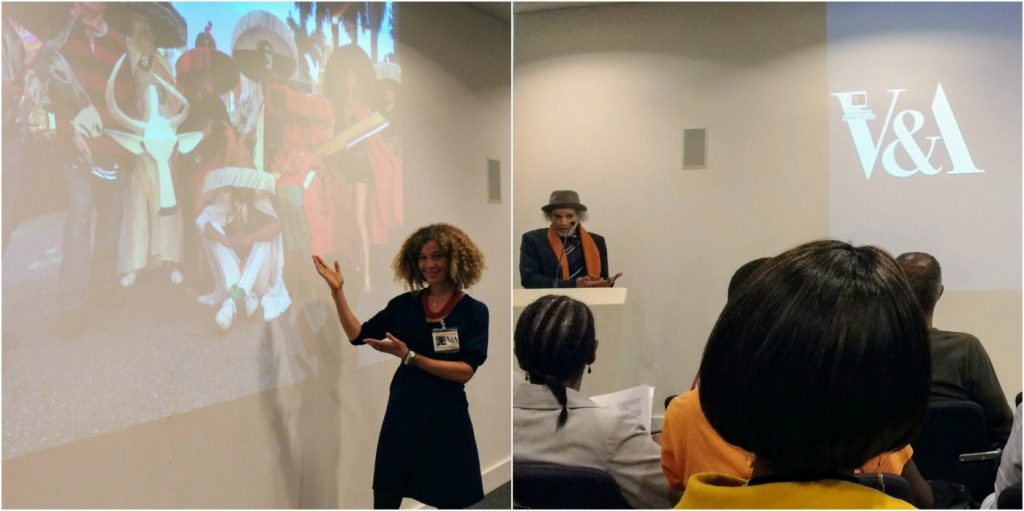
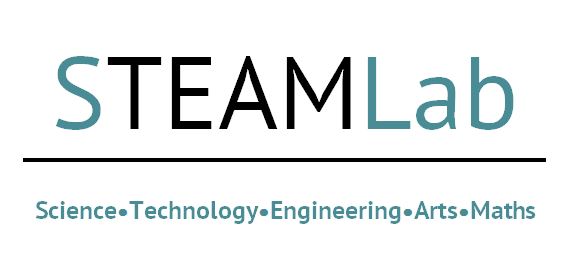


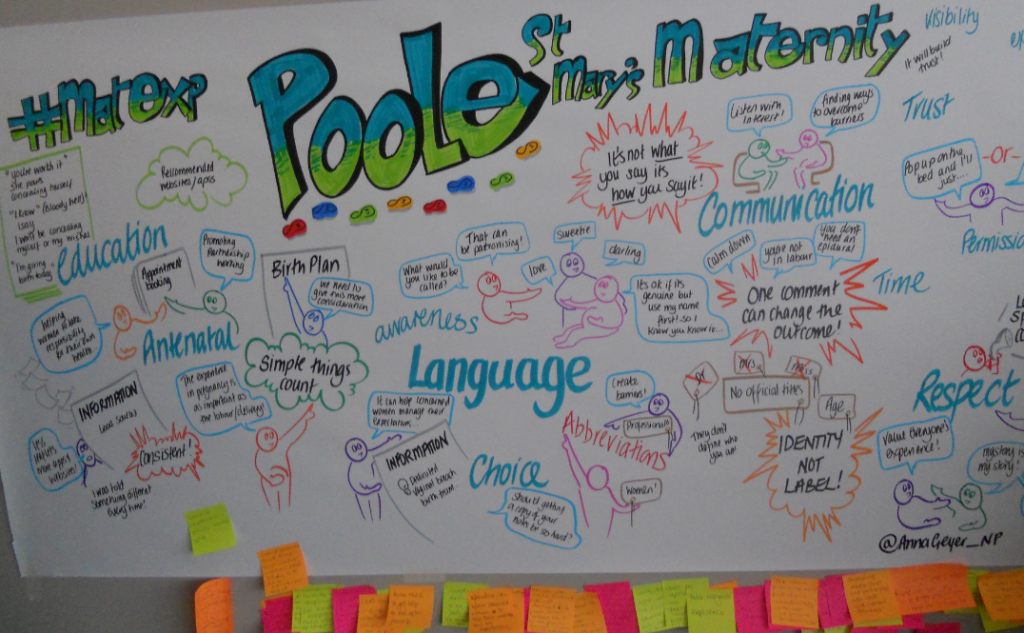
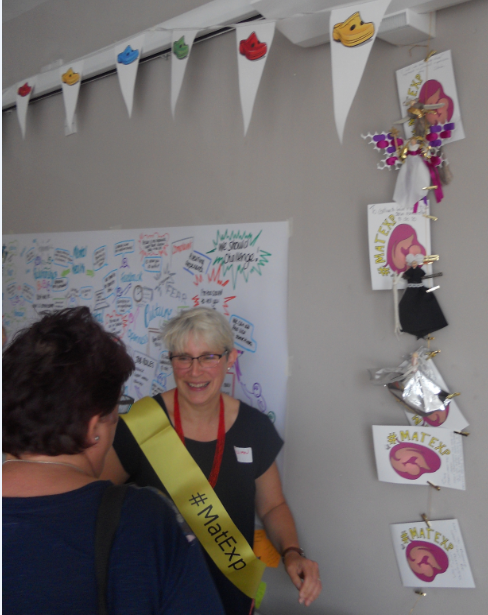
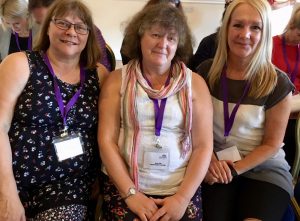
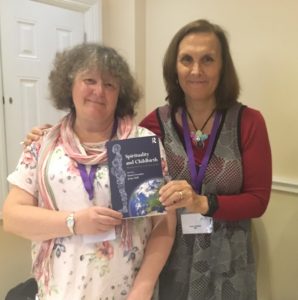

 The AHRC Heritage Research team – led by Professor Rodney Harrison at University College London – will raise the profile of the heritage sector and provide leadership by working with the research community and partner organisations, in particular helping early career researchers to access opportunities.
The AHRC Heritage Research team – led by Professor Rodney Harrison at University College London – will raise the profile of the heritage sector and provide leadership by working with the research community and partner organisations, in particular helping early career researchers to access opportunities.



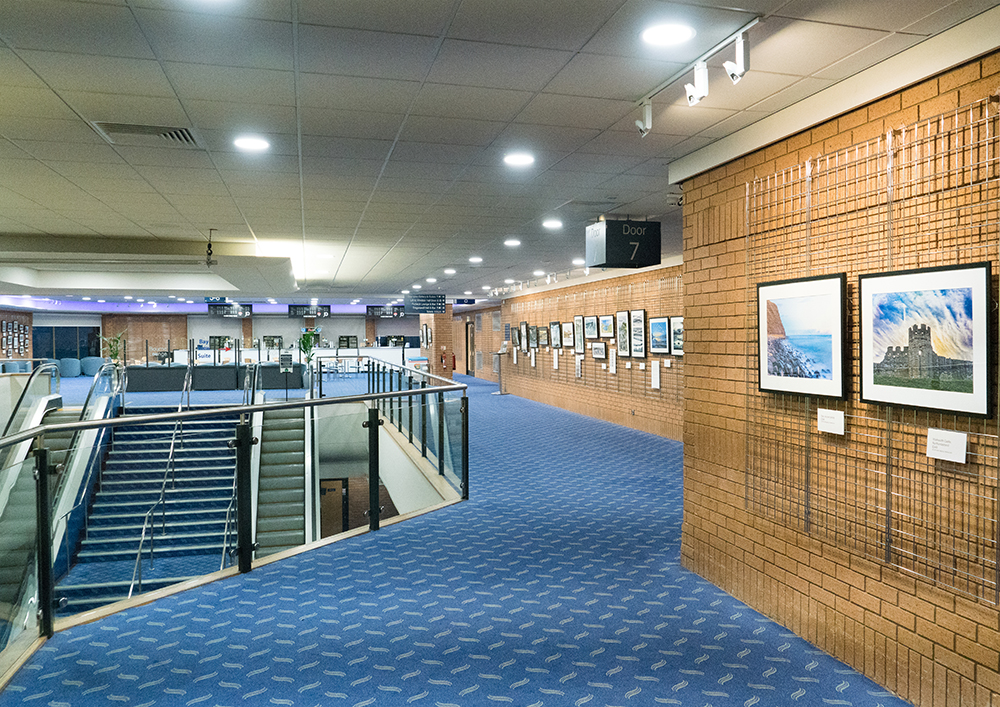
 #TalkBU is a monthly lunchtime seminar on Talbot Campus, open to all students and staff at Bournemouth University and free to attend. Come along to learn, discuss and engage in a 20-30 minute presentation by an academic or guest speaker talking about their research and findings, with a short Q&A at the end.
#TalkBU is a monthly lunchtime seminar on Talbot Campus, open to all students and staff at Bournemouth University and free to attend. Come along to learn, discuss and engage in a 20-30 minute presentation by an academic or guest speaker talking about their research and findings, with a short Q&A at the end. 

 Congratulations to Dominique Mylod, clinical doctoral student in the
Congratulations to Dominique Mylod, clinical doctoral student in the 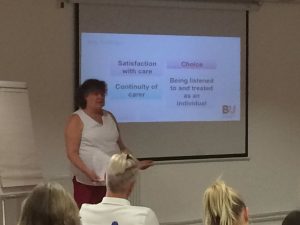 On 26th September the branch of the RCM in Southampton held a study day dedicated to considering human rights concerns in maternity care. It was attended by over 50 practitioners from across the region. Topics covered included a workshop by the human rights in maternity charity, Birthrights, and speakers from Barnados and Stop the Traffik. These latter presenters provided thought provoking, and somewhat harrowing, evidence for the need for awareness of sexual exploitation in young people, and trafficking of humans in our areas of practice. In addition Dr Jenny Hall (pictured right) from CEL and Jillian Ireland, visiting researcher in CMMPH, discussed the human rights of women with disability, based on current research partially funded by Birthrights, undertaken with colleagues Professor Vanora Hundley and Dr Bethan Collins from Liverpool University.
On 26th September the branch of the RCM in Southampton held a study day dedicated to considering human rights concerns in maternity care. It was attended by over 50 practitioners from across the region. Topics covered included a workshop by the human rights in maternity charity, Birthrights, and speakers from Barnados and Stop the Traffik. These latter presenters provided thought provoking, and somewhat harrowing, evidence for the need for awareness of sexual exploitation in young people, and trafficking of humans in our areas of practice. In addition Dr Jenny Hall (pictured right) from CEL and Jillian Ireland, visiting researcher in CMMPH, discussed the human rights of women with disability, based on current research partially funded by Birthrights, undertaken with colleagues Professor Vanora Hundley and Dr Bethan Collins from Liverpool University.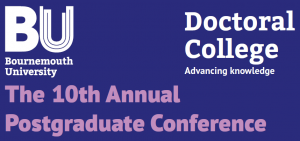











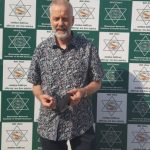 Fifteen years at BU
Fifteen years at BU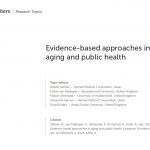 New eBook published in April
New eBook published in April MSCA Postdoctoral Fellowships 2024
MSCA Postdoctoral Fellowships 2024 Horizon Europe News – December 2023
Horizon Europe News – December 2023